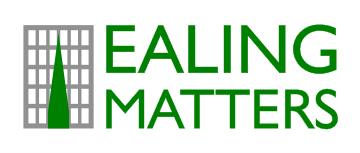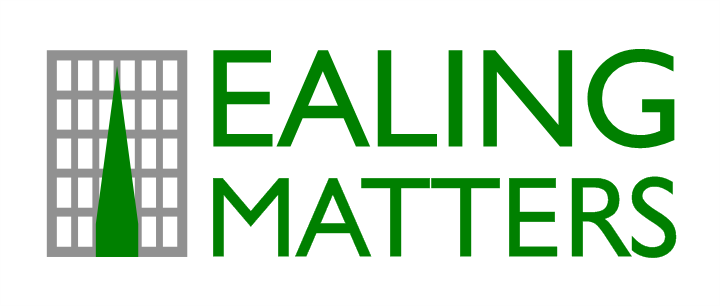
Peter Mason, Cabinet Member for Housing, Planning and Transformation, and David Scourfield, Chief Planning Officer, convened a video conference with the Planning User Group (PUG) on 16 April 2020 to discuss the Council’s proposals for managing planning processes during the health emergency. The Planning User Group comprises representatives of local residents’ associations and community groups as well as development professionals.
The Government sees construction as a key element of the recovery, and is therefore keen that planning departments should continue their work during the lockdown. They have introduced new regulations enabling Councils to conduct their work remotely using either video or telephone conferencing. As this has implications for public participation in the planning process, the Council has produced a Draft Position Statement outlining the proposed procedures for planning application consultations, planning committee meetings and site visits.
The potentially far-reaching implications of these changes led Ealing Matters to set up a short online survey for members to give feedback following the meeting. The key findings were that:
- While those responding to the survey positively acknowledged the Council’s willingness to engage with residents on this occasion, there were concerns about the detail of the emergency proposals. The plans for resident input to the planning process were felt to be insufficiently well thought through and too reliant on applicants and developers to notify those directly affected by planning applications.
- The proposal to suspend planning committee site visits was particularly controversial. In a separate paper on the Draft Position Statement, Will French of Save Ealing’s Centre argues that: ‘On the comparatively few instances when Committee members vote against an officer recommendation, they invariably say they have done so after what they have seen during their visit.’ One recent example of this was the rejection of the development proposed for the Tesco Hoover Building car park.
- Unlike other Councils such as Camden, which have been using video to share planning committee proceedings with their residents for many years, Ealing is new to this kind of technology. This was evident in the survey, with many respondents reporting difficulty in joining the PUG meeting, and the Chair dropping out of the meeting due to technical problems at one point. This could seriously compromise a more formal meeting such as a planning committee.
- The survey also raised broader concerns about democratic legitimacy. There was a fear that a lot of the population – older and/or poorer people without access to a computerised device – would be disenfranchised under Ealing Council’s proposals, particularly with the proposed move to online consultation.
Ealing Matters has shared the findings of its survey with Ealing Council and awaits their response. Watch this space.

